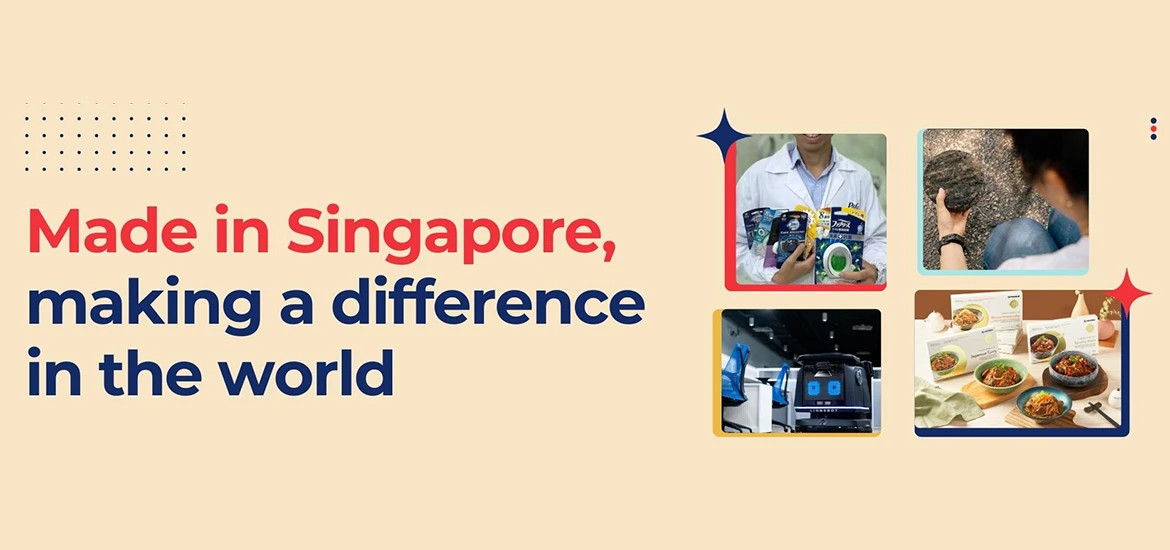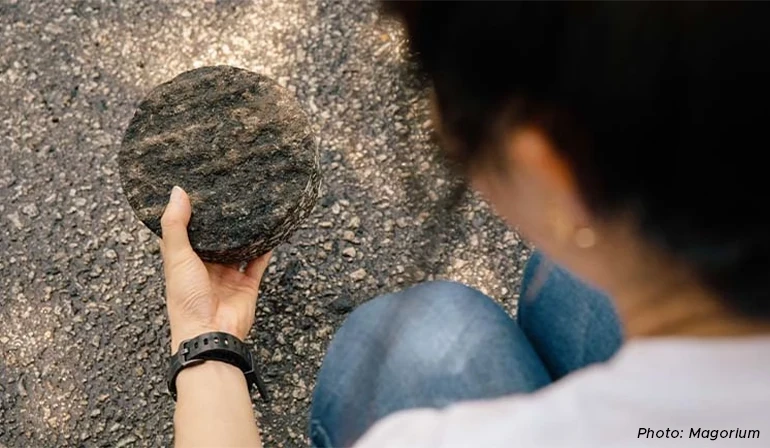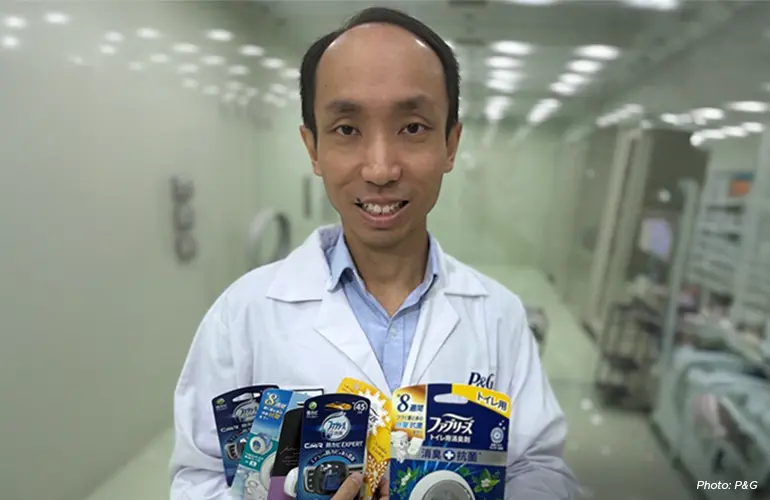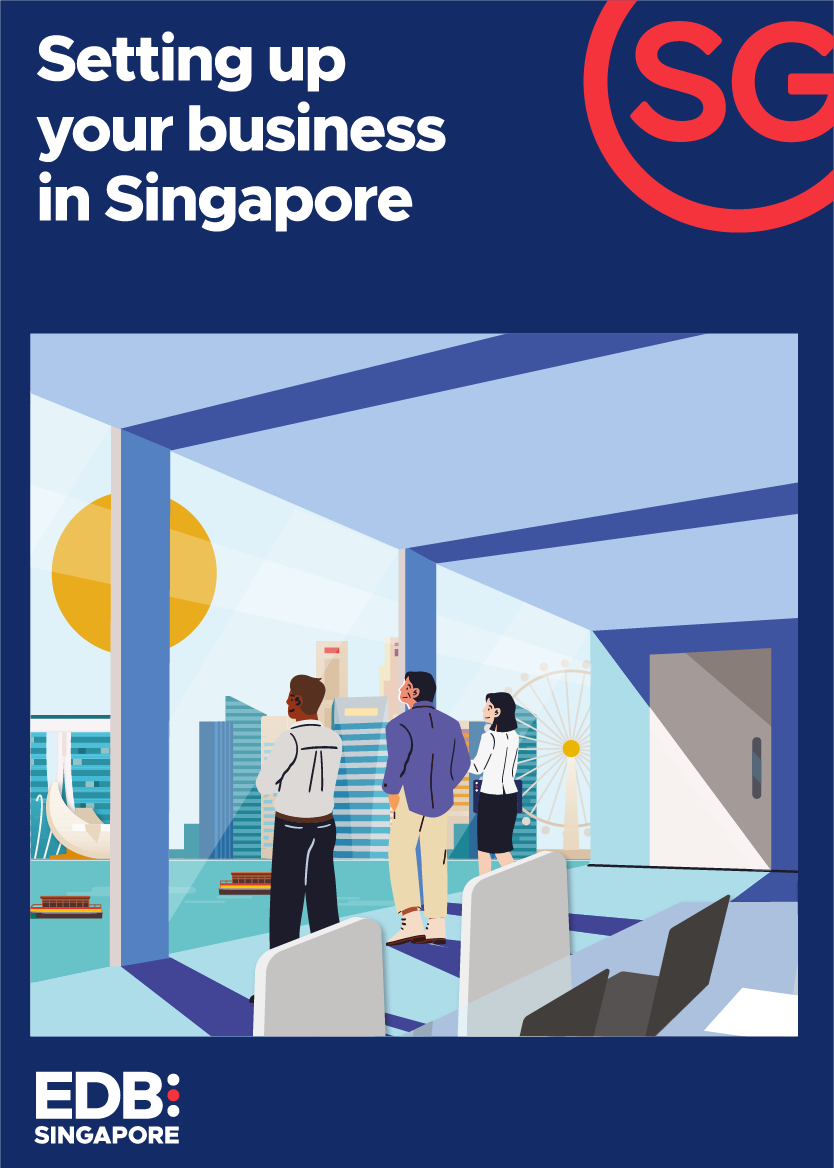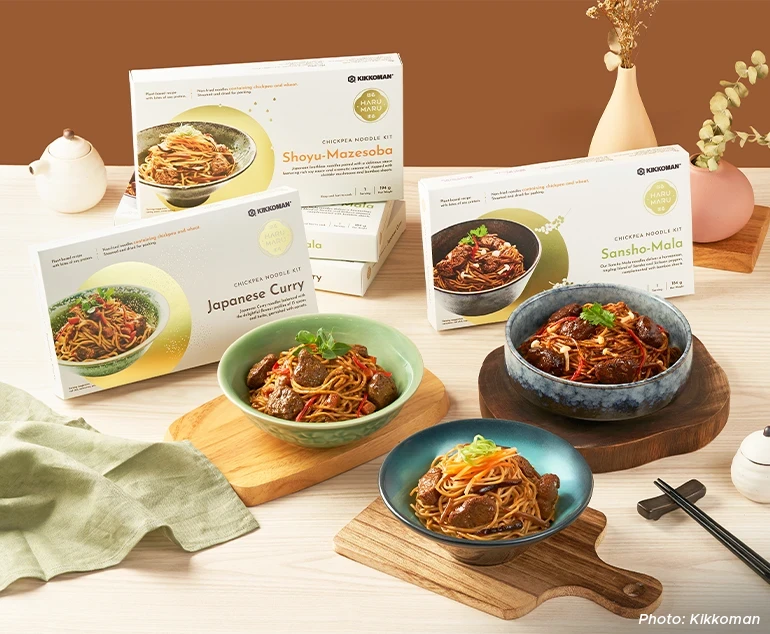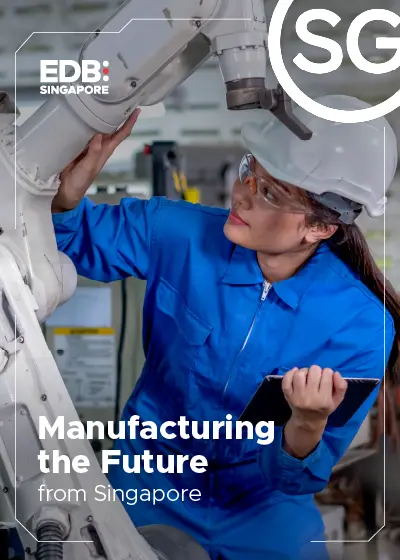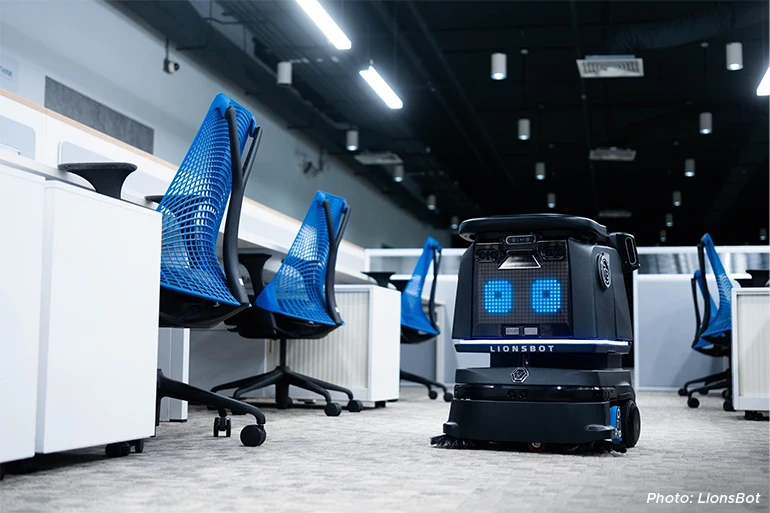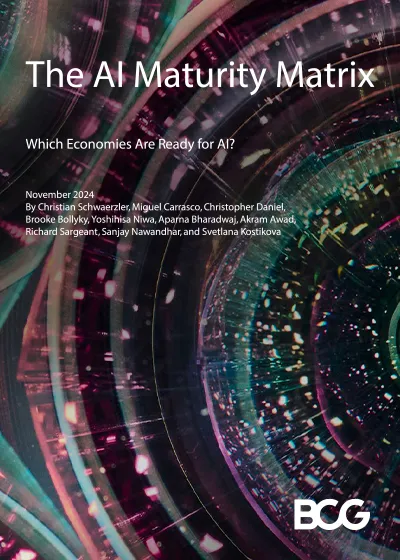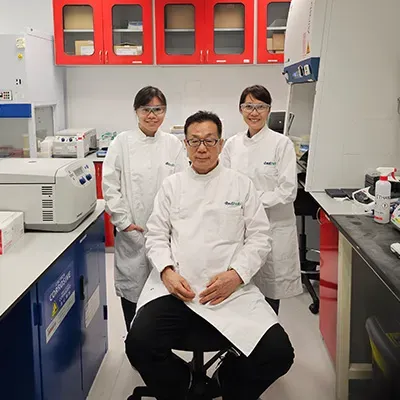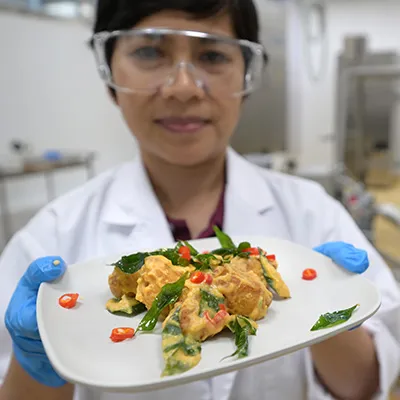Singapore startup Magorium is giving plastic waste a new lease of life, by turning it into roads.
For centuries, road surfaces have been paved with bitumen, a petroleum-based material that generates large amounts of carbon emissions in its production. Magorium CEO Oh Chu Xian decided that she wanted to create a greener alternative, in contrast to her family’s traditional road construction business. What if roads could be built from our trash instead?
In an effort to reduce waste destined for landfills — and contribute to the global effort to combat climate change — the deep-tech company developed a novel technology to convert unsorted, contaminated plastic waste into a road construction material. Its patented product is called NEWBitumen, which has been estimated to save 300kg of CO2 per production tonne compared to conventional bitumen. Magorium paved its first “eco-road” made of NEWBitumen in a Tuas factory. Since then, more than 10 eco-roads have been paved across Singapore.
Magorium is also collaborating with partners from other industries to foster a circular economy. Together with Sanofi, the company collected used insulin pens made by the French biopharma giant, to recycle into NEWBitumen. The material was then used to build the roads at Sanofi’s latest manufacturing facility in Singapore.
Magorium’s road-building solution not only reduces plastic waste and carbon emissions, but offers a scalable model for sustainable infrastructure. With plans to expand across Southeast Asia, the company is aiming to support countries in managing plastic waste more effectively, while equipping them with the capability to pave greener roads.
